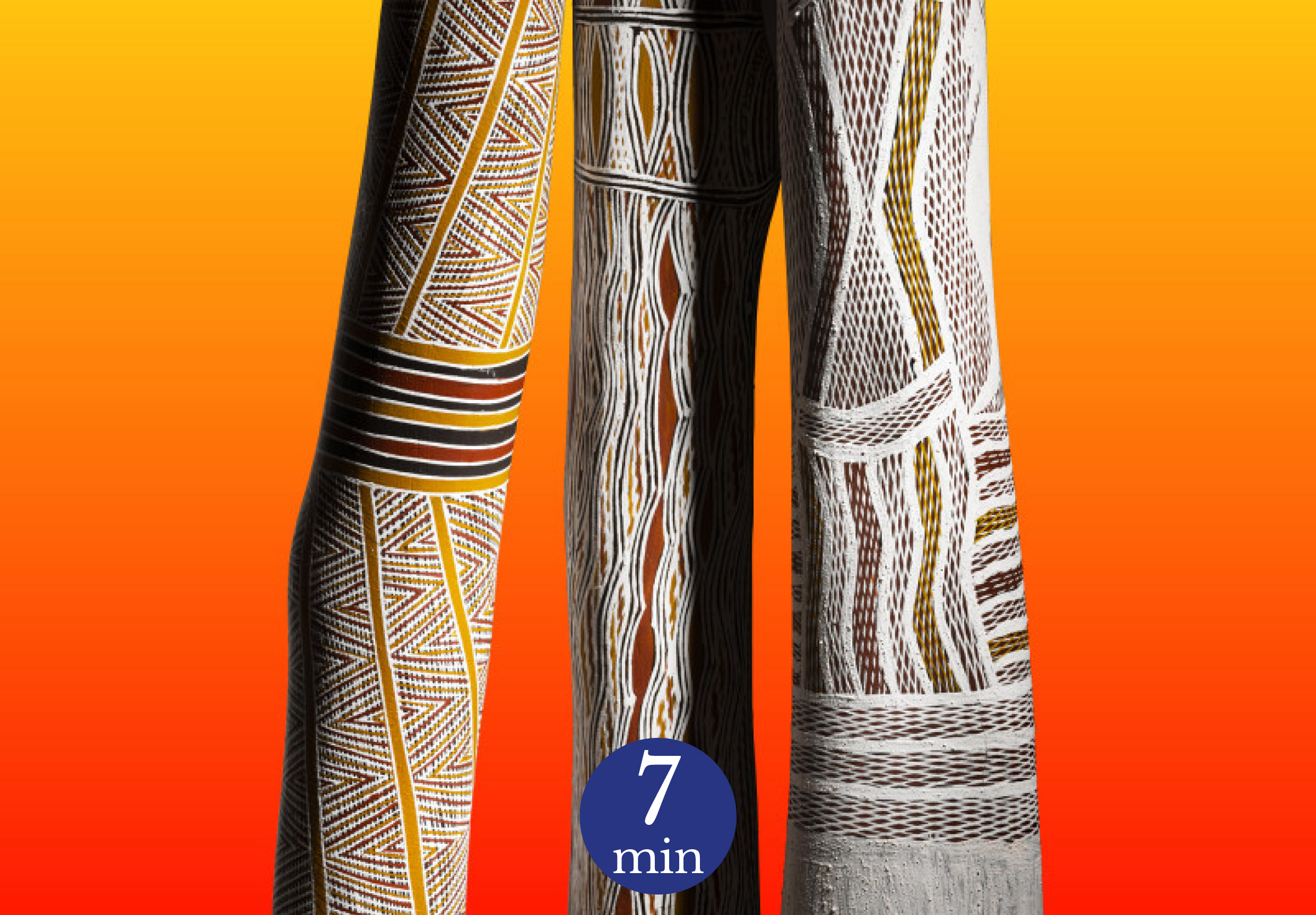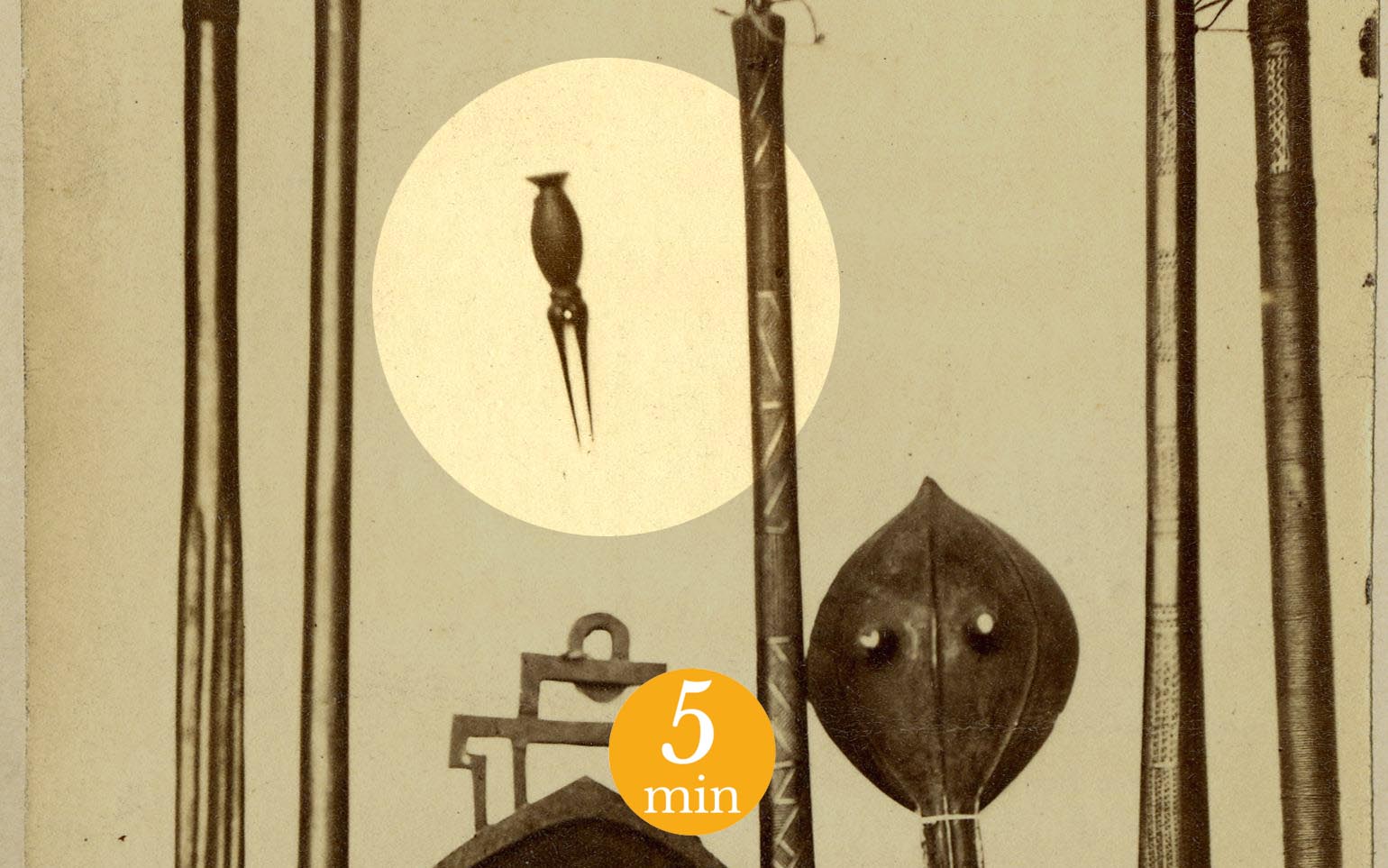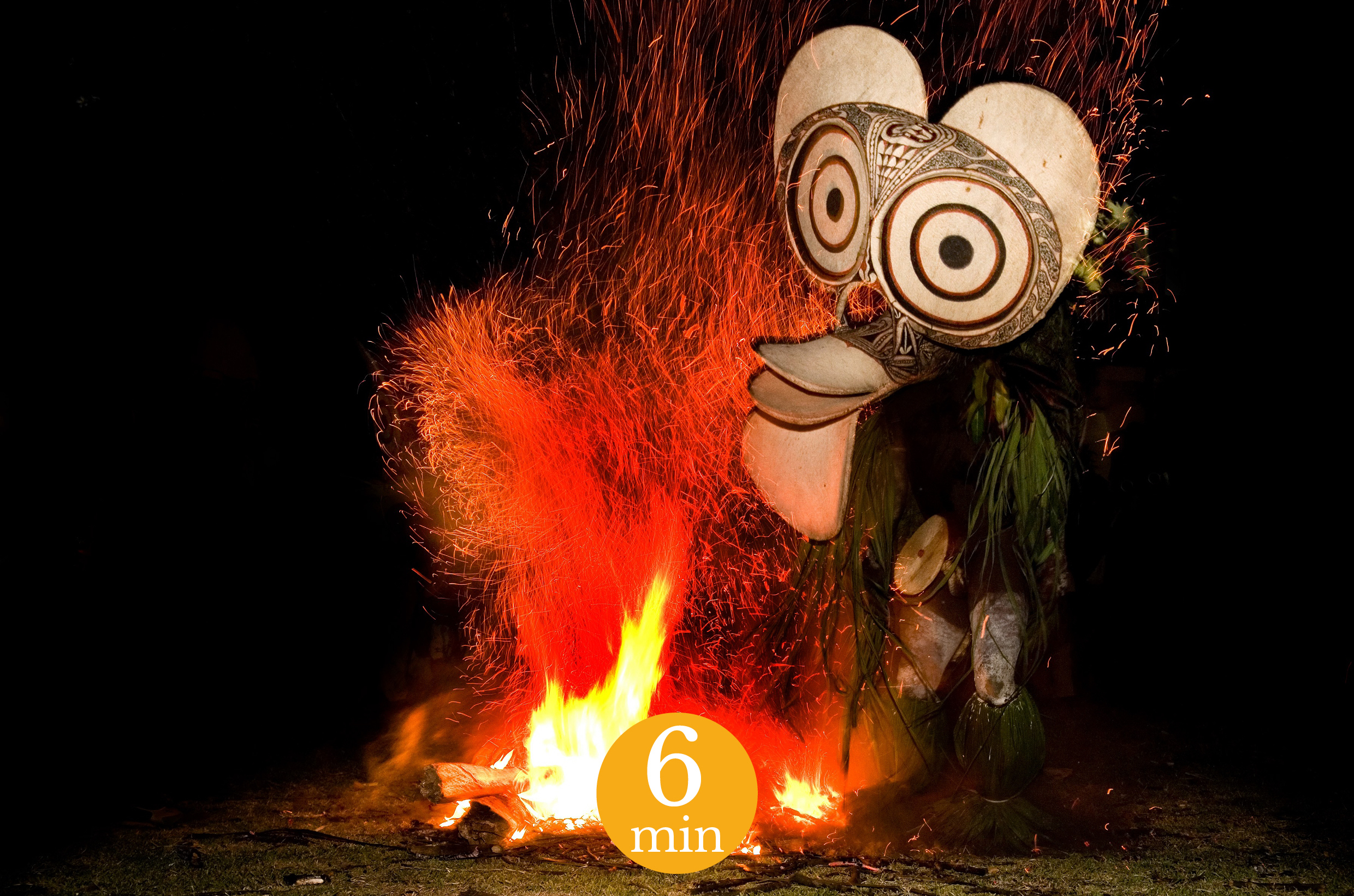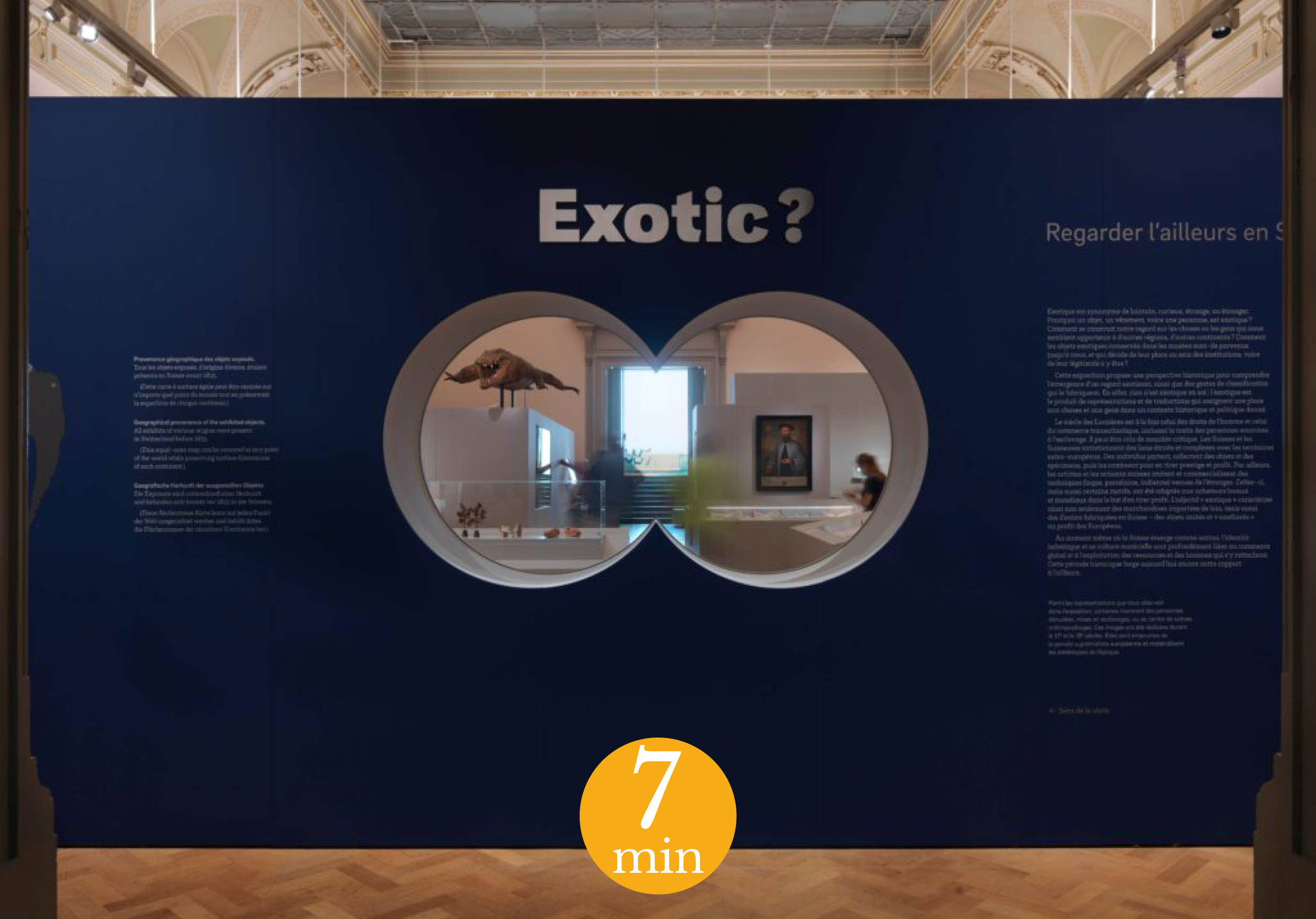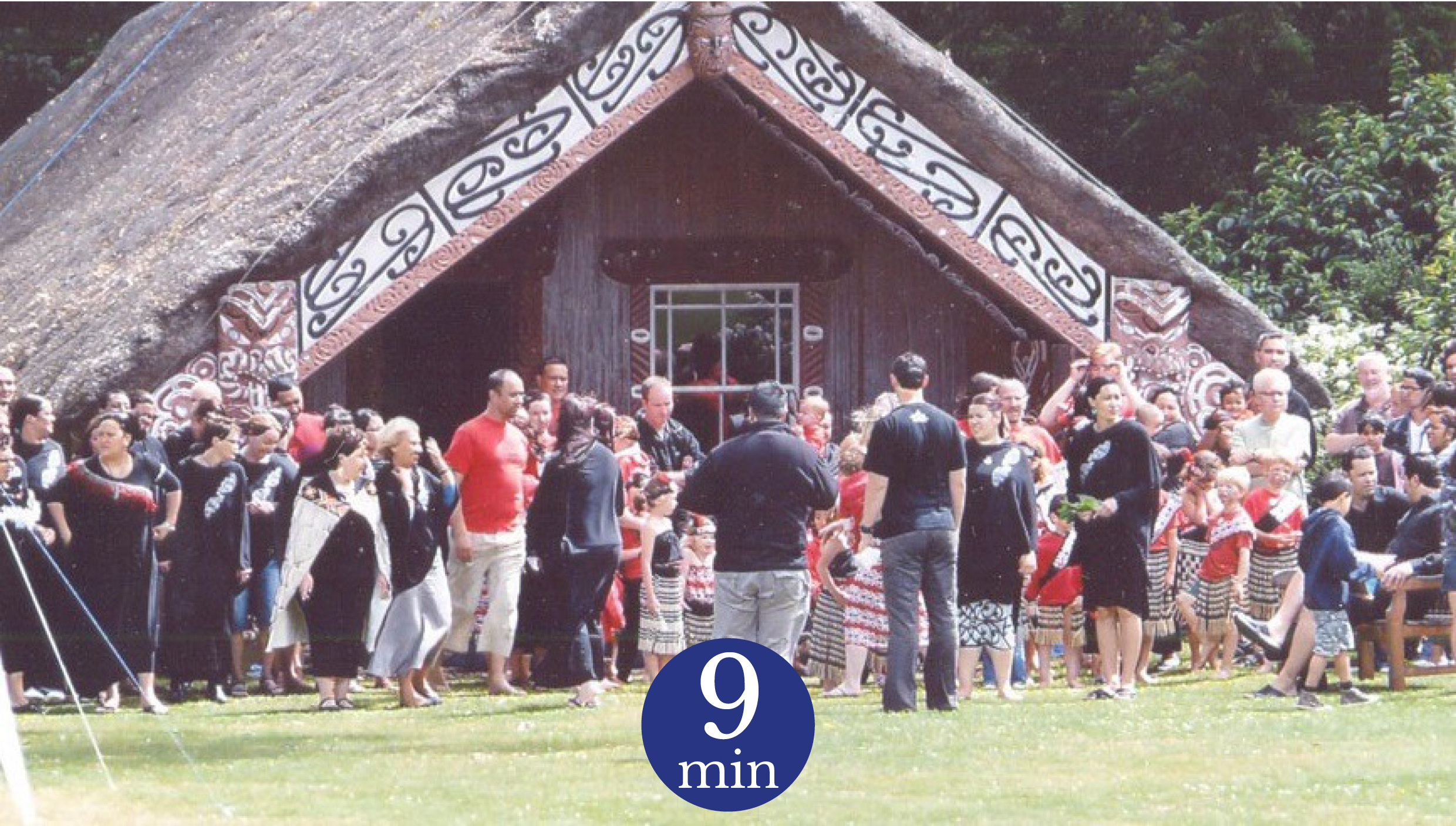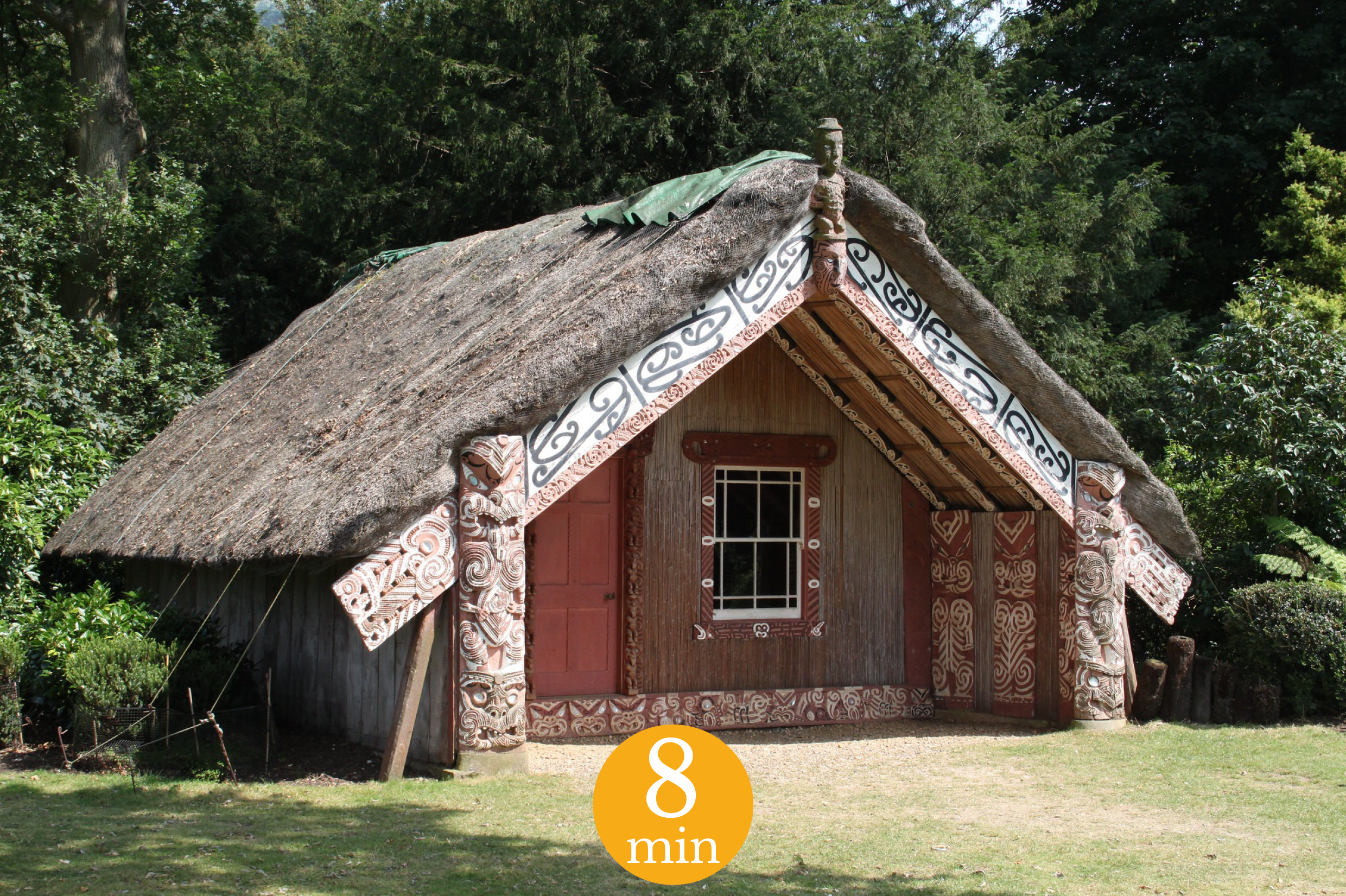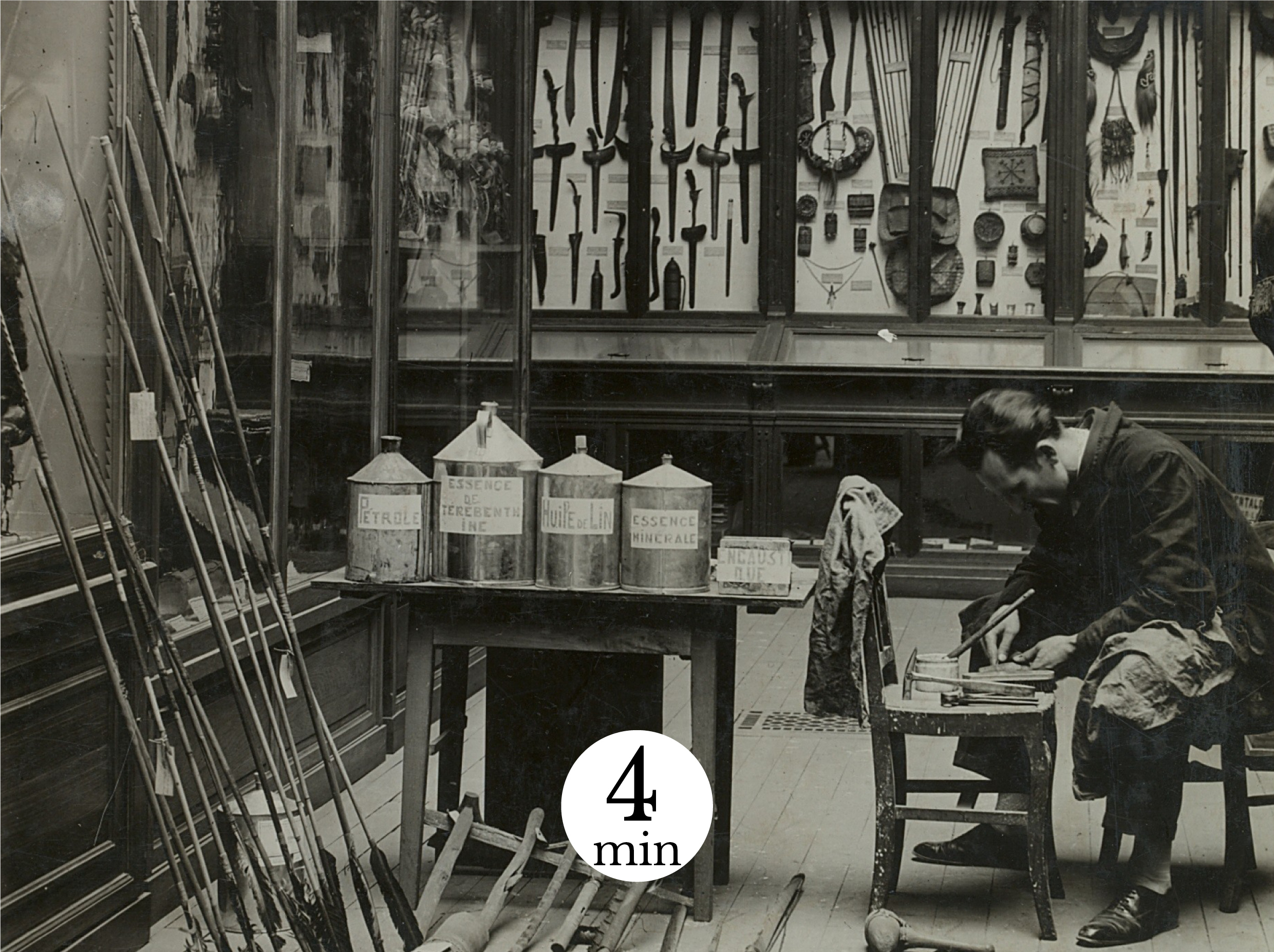*Switch language to french for french version of the article*
It is hard to think you would just happen to be walking by the Opale Foundation without previously planning to go visit it! Perched at an altitude of 1,100 meters in a village in the Swiss Alps, you first have to negotiate a few hairpin bends to finally arrive at your destination: the Valais commune of Lens. Even before entering the art center, the visitor can appreciate the natural setting; the Rhone Valley below, snow-capped peaks on the horizon and their reflection in Lake Louché, which borders the Foundation.

